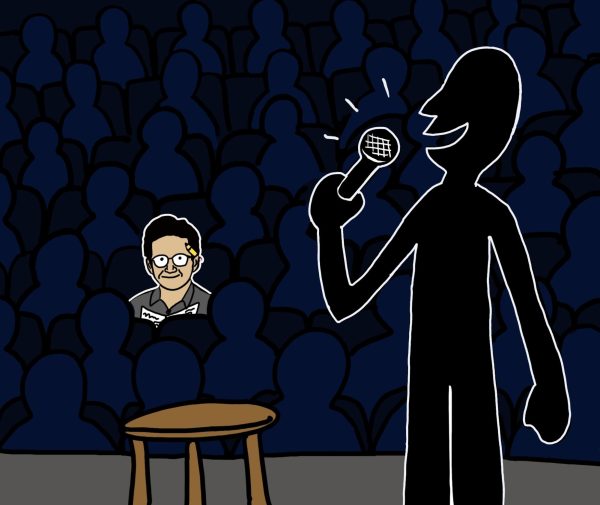Factors to consider for an artistic career
November 22, 2016
With your generation being one heavily filled with artists and actors, it is important to consider the risks and benefits of going into a career in the entertainment business.
“In entertainment you get to do what you love, work with likeminded and talented individuals, and inspiration is everywhere,” Professional Dancer Jesse Summers says. “However, there is a lot of wear and tear on the body and sometimes it can be hard to make a living.”
Many of us are forced to pick a job based on the amount of money that can be made, not based on what we love. However, with performing arts, work doesn’t feel forced; causing your overall physical and mental health to improve. Because of the uncertainty, no one would go into a career in entertainment if they didn’t know exactly what they wanted to be.
“I am constantly told that my chances of actually making it in the industry are small and even if I do make it, I will age out quickly,” freshmen Damian Franchere says. “But, I’ve always thought that dancing is so perfectly suited to me, going into it was just a natural decision.”
Yet, the entertainment industry doesn’t welcome everyone. The business has an indirect effect by influencing how groups or cultures view body image. A very small number of women of average or above-average weight are found on TV. Researchers found that only 5 percent of women on sitcoms are overweight, and one in four overweight characters were portrayed as being unpopular or as having no friends.
The entertainment industry’s emphasis on body image affects those considering careers in it. The majority of actors being thin can cause insecurity about their bodies and give them false images of unrealistic body types that must be achieved in order to get a certain role.
“Body types play a part in casting most of the time. The casting director generally has an idea of what they want in their work,” say Summers. “If someone is too tall, too big, it could limit the work they get cast in.”
According to NPR, one-third of speaking characters on screen were female. Just 28.3 percent of characters with dialogue were from non-white. 3.4 percent of film directors were female, and only 7 percent of films had a cast whose balance of race and ethnicity reflected the country’s diversity.
The lack of balance in film, dances, and broadway productions makes it harder on people of color and females to get a job in the field. The shortage of diversity in entertainment productions have not improved in the last 10 years, with the majority of actors steadily remaining at around 70 to 80 percent white. This makes it harder on people of color to get a job.
“I find it sad how white actors get their fame partially due to their race,” sophomore Gracie Styler says. “Though it’s not shown as much in the public news you can see it when you look at the history of broadway and other medias.”
The entertainment industry, specifically the arts, the can benefit your overall mental health. According to NASAA, This career can increase empathy and encourage critical thinking, yet it can also bring on a whole new type of stress.
“The business is a dog-eat-dog world; competition is high. There is not a steady stream of work,” Styler says. “You get into a show, but when it’s over, you don’t always have another job ready to go.”
There is a difference between the instability these jobs offers and the idea of a starving artist, someone who has to sacrifice their income for their art. “I think the trope of ‘starving artists’ is a main one we are working against,” Mary and Leigh Block Museum of Art’s Manager, Lindsay Bosch says. “I believe those in arts careers should be well compensated and able to make a living off their work.”
Entering the entertainment business can be hard and has plenty of risks that go along with it. However, people still continue to go into the field to follow their dreams and passions.




















